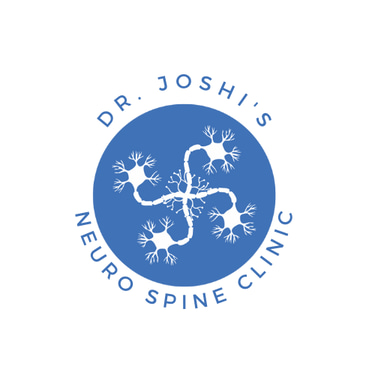What are the activities to be restricted after cervical spine surgery?
Do's & Don'ts to be followed after neck surgery for cervical spondylosis


It is not surprising that people have high expectations for rapid relief from neck pain and a quick return to work after undergoing neck surgery for cervical spondylosis. We have consistently achieved the best outcomes for our patients who undergo cervical spine surgery for neck pain. These favourable results are made possible by our use of state-of-the-art surgical techniques and our adherence to strict post-operative activity guidelines that we provide to our patients.

After undergoing cervical spine surgery for neck pain, there are several restrictions that need to be followed to ensure proper healing and minimize complications.
It is important to avoid any heavy lifting or strenuous activities that put stress on the neck and spine. Patients should also refrain from participating in contact sports or activities that involve sudden movements or impacts. One should not bend , twist or rotate the neck for 10 weeks after spine surgery.
It is recommended to wear a supportive cervical collar or brace as instructed by the surgeon to provide stability and protect the surgical site at least for 6 weeks. Maintaining good posture is crucial during the recovery period, and patients should avoid prolonged sitting or standing in one position.
Smoking and drinking alcohol are known to impede the process of wound healing post-surgery. Hence, it is strongly advised to refrain from these habits for at-least 3 months post surgery in order to promote a smooth recovery.
When can I drive after spine surgery for cervical spondylosis?
Driving requires various neck movements and positions that can put stress on the spine, hindering the healing process and potentially causing complications. By refraining from driving during this critical period of 6-10 weeks post surgery, individuals can minimize the risk of setbacks, allowing their spine to properly heal and regain strength.
Following these restrictions diligently will aid in a successful recovery and prevent any further injury to the cervical spine.
After spine surgery, it is important to take proper care of the neck wound. If you have stitches, it is recommended to wait for at least 2 weeks before showering. When showering, be gentle and use soap and water to wash the area every day. Remember to pat dry the wound and avoid getting water on the neck. You can shower below shoulder level and wash your face, but make sure to cover the neck area. If the drainage soaks through two or more dressings within a day, it is crucial to contact the clinic. Do not soak the incision in a bath or pool and avoid applying anything on the wound.
How to dress after cervical spine surgery?
After spine surgery, it is important to dress in a manner that ensures comfort and supports the healing process. Loose-fitting clothes made from soft and breathable fabrics are recommended to prevent any unnecessary pressure or irritation on the surgical site. Additionally, opt for bottoms with an elastic waistband for easy wearing and removal. It is crucial to avoid tight-fitting clothes or accessories that may rub against the incision, causing discomfort or potential infection. Prioritize comfort over style during this time and remember to follow any specific dressing instructions given by your healthcare provider.
How to take care of neck wound after spine surgery?
What medicines should i take after cervical spine surgery?
After cervical spine surgery, it is common to prescribe pain medication to manage any discomfort or soreness. Nonsteroidal anti-inflammatory drugs (NSAIDs) like ibuprofen or naproxen may be recommended to reduce inflammation and relieve pain. Muscle relaxants such as cyclobenzaprine or baclofen can help alleviate muscle spasms and tightness in the neck and shoulders. Depending on the individual's condition, doctors might also prescribe opioids for short-term pain relief. These should be used cautiously due to their addictive nature. Additionally, anticoagulants might be prescribed to prevent blood clots. It is crucial to follow the doctor's instructions and take the prescribed medications as directed to promote a successful recovery and minimize complications.
Finally how to avoid recurrence of neck pain after cervical spine surgery?
After undergoing surgery, it is important to be aware of certain symptoms that may indicate the need to call your doctor. If you experience a fever exceeding 101.5° or severe pain in your neck, arm, or hands, it is advisable to seek medical attention. Additionally, if you notice a rash or itching at the incision site or if there is wound discharge, it is important to consult with your doctor. Furthermore, any new onset of tingling, numbness, or weakness in your arms or legs should be promptly addressed by your healthcare provider. Following surgery, it is recommended to schedule a follow-up appointment with your surgeon for 10 days after the procedure. The recovery period generally spans 6-10 weeks.
